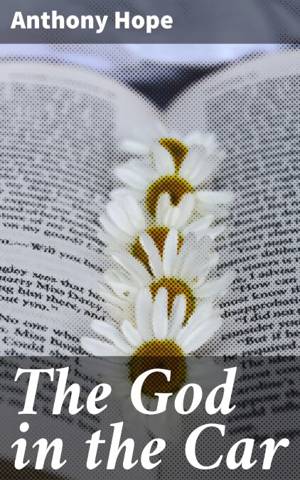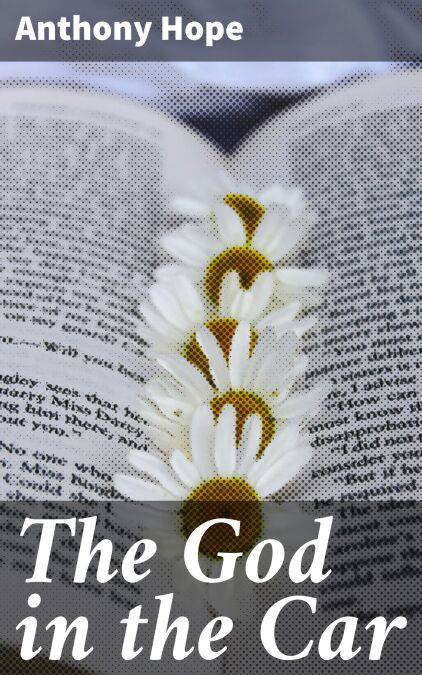
- Afhalen na 1 uur in een winkel met voorraad
- Gratis thuislevering in België vanaf € 30
- Ruim aanbod met 7 miljoen producten
- Afhalen na 1 uur in een winkel met voorraad
- Gratis thuislevering in België vanaf € 30
- Ruim aanbod met 7 miljoen producten
Zoeken
Omschrijving
In "The God in the Car," Anthony Hope weaves an enthralling narrative that deftly combines the elements of mystery, adventure, and moral contemplation. Set against the backdrop of early 20th-century England, the plot revolves around the character of Sir Hugh, whose life becomes increasingly intertwined with themes of fate, societal expectation, and personal desire. Hope's literary style is distinguished by his deft use of wit and irony, while also exploring the complexities of human nature within the rapidly changing social dynamics of his time. The book is a striking commentary on the intersection of technology and spirituality, encapsulated in the metaphorical representation of the automobile as a symbol of modernity and its implications on the human experience. Anthony Hope, best known for his classic "The Prisoner of Zenda," was a prominent figure in the late Victorian and Edwardian literary landscape. His background in law and his experiences in both theater and novel writing deeply informed his approach to character development and plot construction. "The God in the Car" reflects his fascination with adventure and moral dilemmas, echoing his interests in the implications of technological progress on individual lives. Readers seeking a thought-provoking critique, intertwined with a thrilling plot, will find "The God in the Car" an essential addition to their literary collection. Hope'Äôs sophisticated narrative and rich character portrayals will captivate anyone interested in the intricacies of human morality amidst the encroaching modern world.
Specificaties
Betrokkenen
- Auteur(s):
- Uitgeverij:
Inhoud
- Aantal bladzijden:
- 345
- Taal:
- Engels
Eigenschappen
- Productcode (EAN):
- 4064066205003
- Verschijningsdatum:
- 10/12/2019
- Uitvoering:
- E-book
- Beveiligd met:
- Digital watermarking
- Formaat:
- ePub

Alleen bij Standaard Boekhandel
Beoordelingen
We publiceren alleen reviews die voldoen aan de voorwaarden voor reviews. Bekijk onze voorwaarden voor reviews.








